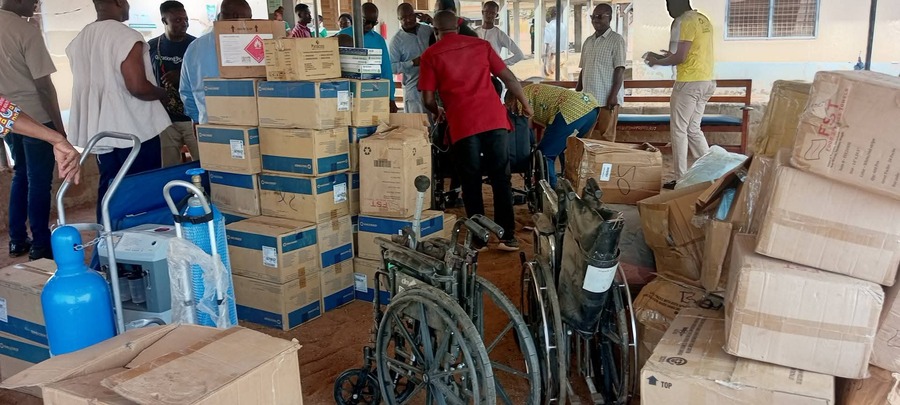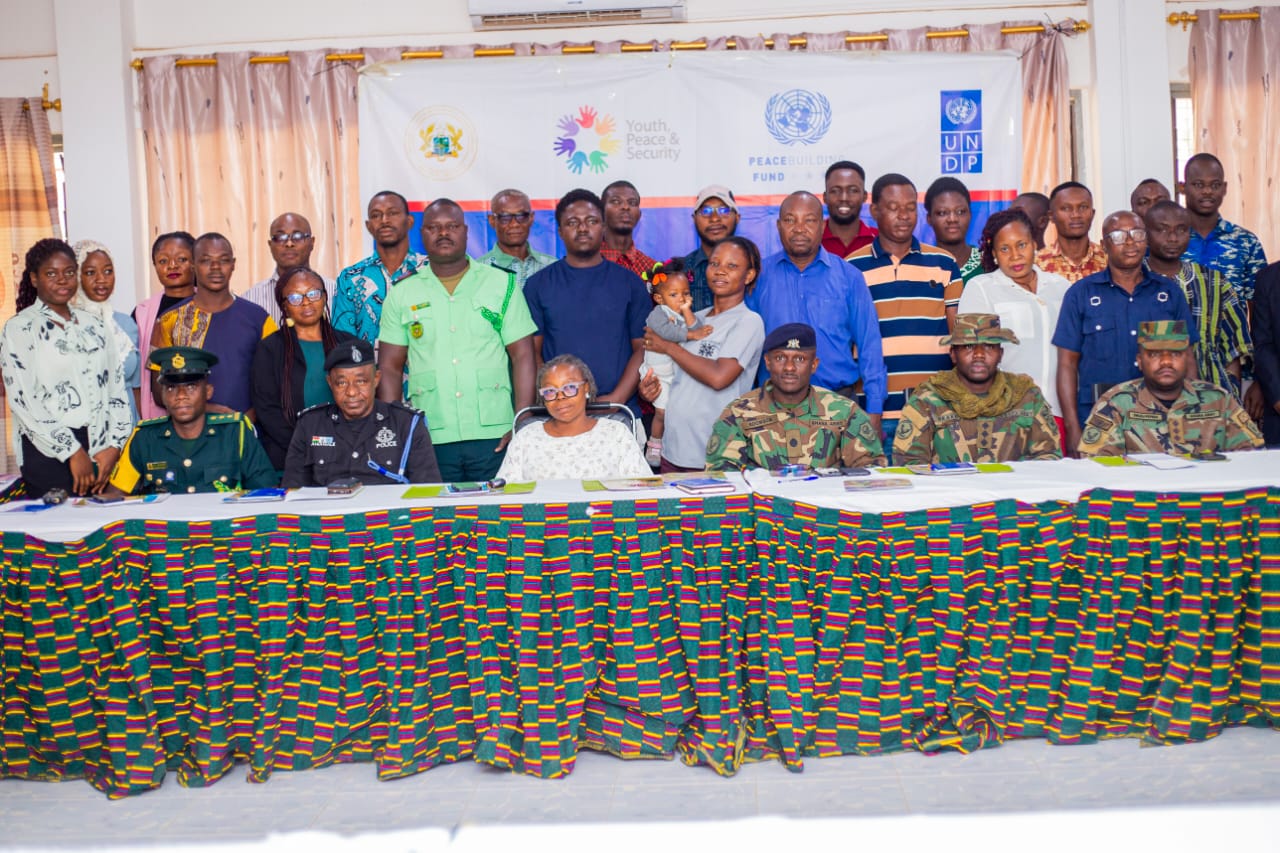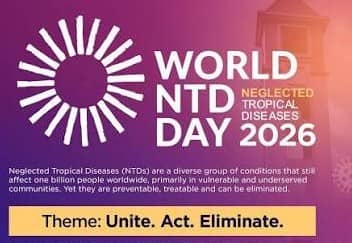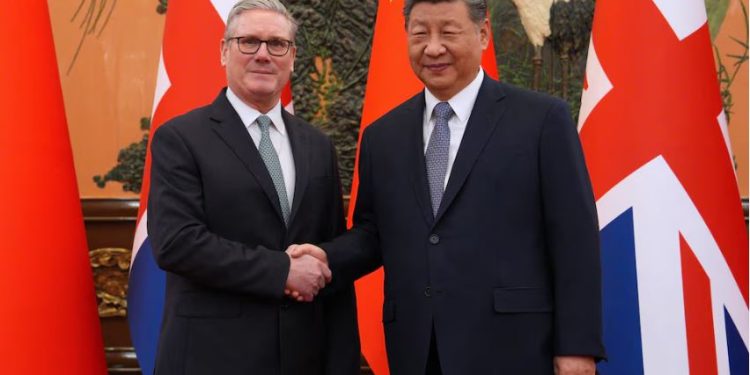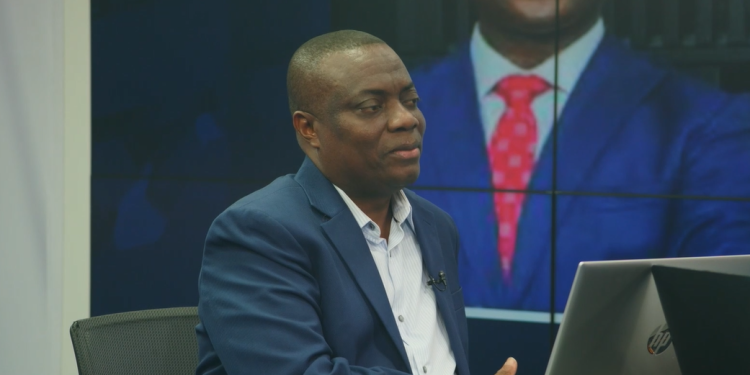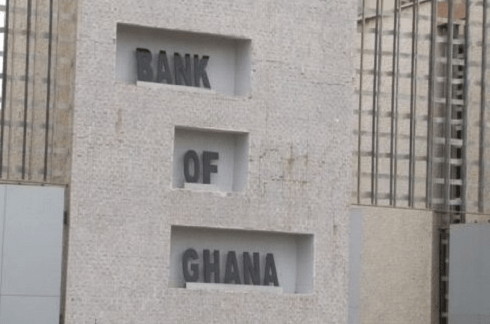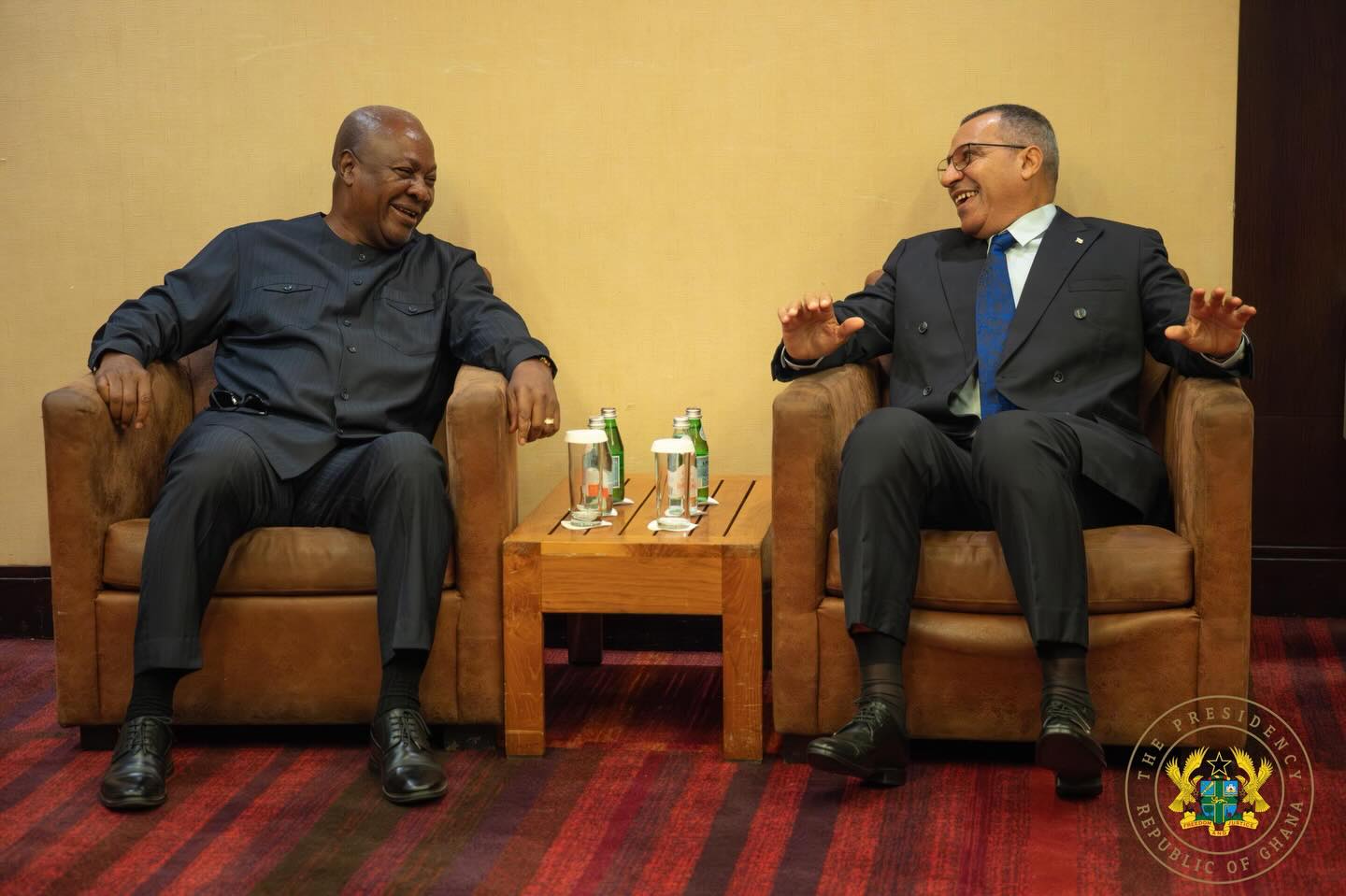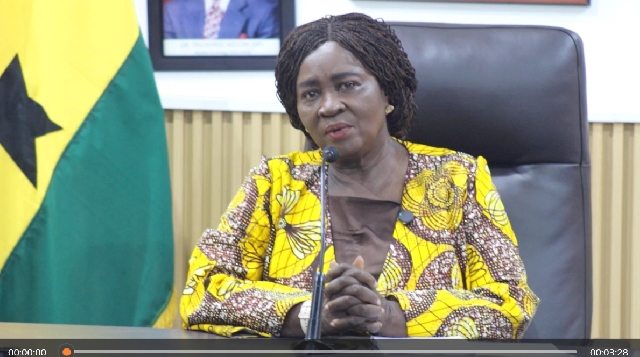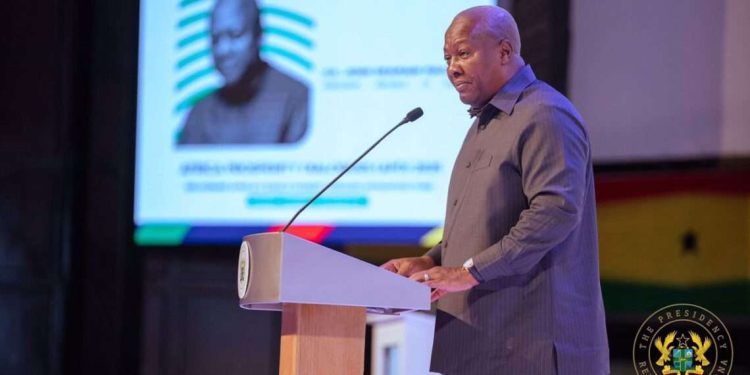Millar Institute for Development Studies (MITDS) recently organized a field training and demonstration conference for stakeholders involved in grass charcoal production in various communities in the northern parts of Ghana.
The program, named Field Training and Demonstration Conference 1, aimed to share experiences, success stories, and future plans related to the training provided for the grass charcoal production or briquette under a grant from the Food and Agriculture Organization (FAO).
The initiative to utilize grass and other organic materials for charcoal production and the construction of Eco-stoves began in 2014 with a vision to create a positive impact on the environment and society.
The goal was to encourage communities and stakeholders in the charcoal business to shift from tree-based fuels to grass charcoal production. This transition was seen as a way to reduce deforestation, combat climate change, provide employment opportunities, address bush burning, and improve animal grazing practices.
The project has successfully trained a total of 466 individuals in communities across the Talensi, Nabdam, Bolga-East District, Kassena-Nankana West District, Lawra District, Nandom District, and Sagnarigu District. The training focused on utilizing materials such as grass, rice husk, groundnut leaves and shells, corn cobs and stalks, coconut pulp and shells, sawdust, paper, and other organic materials for charcoal production.
By providing training and promoting the use of grass charcoal production, MITDS aims to create job opportunities, reduce environmental degradation, and contribute to sustainable development in the northern part of Ghana. The success of the project is attributed to the abundance of raw materials and scalable technology available in the region.
However, in a recent Field Training and Demonstration Conference organized by the Miller Institute for Development Studies (MITDS) in Ghana, participants shared their experiences and success stories in the grass charcoal production industry.
Dr. Maxwell Tengolzor Ba–an, in his presentation, highlighted the Institute’s addition of tree planting, grass guarding development, and other components to the grass charcoal innovation. This initiative aims to not only promote sustainable energy practices but also contribute to environmental conservation efforts in the region.
He said, an essential aspect of the program is its focus on engaging members of the Livelihood Empowerment Against Poverty (LEAP) program and schools in grass charcoal field training. By encouraging wider participation from these groups, MITDS aims to spread awareness about the benefits of grass charcoal production and promote environmental sustainability on a global scale.
Participants who attended the conference expressed their enthusiasm for grass charcoal production, highlighting its potential to safeguard the environment for future generations. Their testimonies underscore the importance of community involvement and education in driving sustainable practices and creating a positive impact on the world.
As the grass charcoal production program continues to gain traction in the northern region of Ghana, MITDS remains committed to fostering a culture of innovation, conservation, and sustainable development. Through collaborative efforts and shared knowledge, stakeholders are paving the way for a greener, more sustainable future for all.
Source: Ngamegbulam Chidozie Stephen
Please contact Apexnewsgh.com on email apexnewsgh@gmail.com for your credible news publications. Contact: 0256336062

